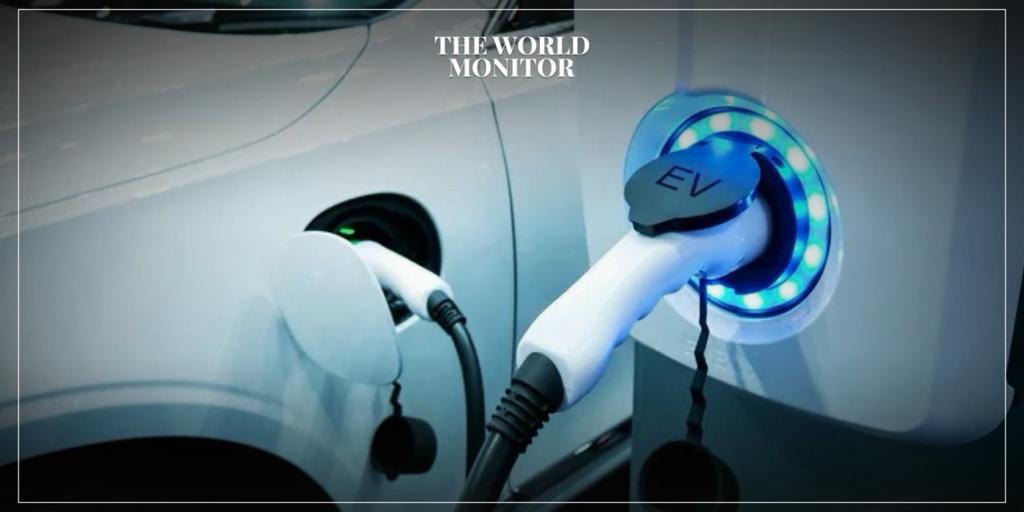South Africa’s Minister of Trade, Ibrahim Patel, announced on Monday that the country’s automotive industry is likely to produce its first electric vehicle (EV) in 2026.
This initiative is part of South Africa’s plans to transition to green and environmentally friendly transportation methods.
Electric transportation forms a fundamental pillar of South Africa’s energy transition strategy, aimed at developing a low-carbon economy capable of addressing climate change challenges.
The shift towards electric vehicles is seen as a critical step in reducing the country’s carbon footprint and embracing sustainable energy sources.
The energy transition plan requires an investment of 128.1 billion Rand ($6.84 billion) in the transportation sector from 2023 to 2027.
This investment is essential for South Africa to effectively contribute to its commitments to reduce carbon emissions.
The move towards electric vehicles represents a significant advancement in the country’s efforts to align with global environmental standards and combat climate change.
Patel’s announcement highlights South Africa’s dedication to sustainable development and its role in leading the African continent towards greener and more eco-friendly transportation solutions.
This development is expected to not only benefit the environment but also boost the country‘s automotive industry and economy.
The US government has announced new regulations that aim to keep Chinese batteries out of cars sold in the United States, a move that could push up the price of electric vehicles for American drivers.
The Biden administration on Friday proposed rules that would cut subsidies for vehicles that contain Chinese-made battery components, or are found to be produced by a company with strong ties to the Chinese government.
China is the world’s leader in EV battery production, dominating almost “every stage of the EV battery supply chain,” according to a 2023 report by the International Energy Agency (IEA).






